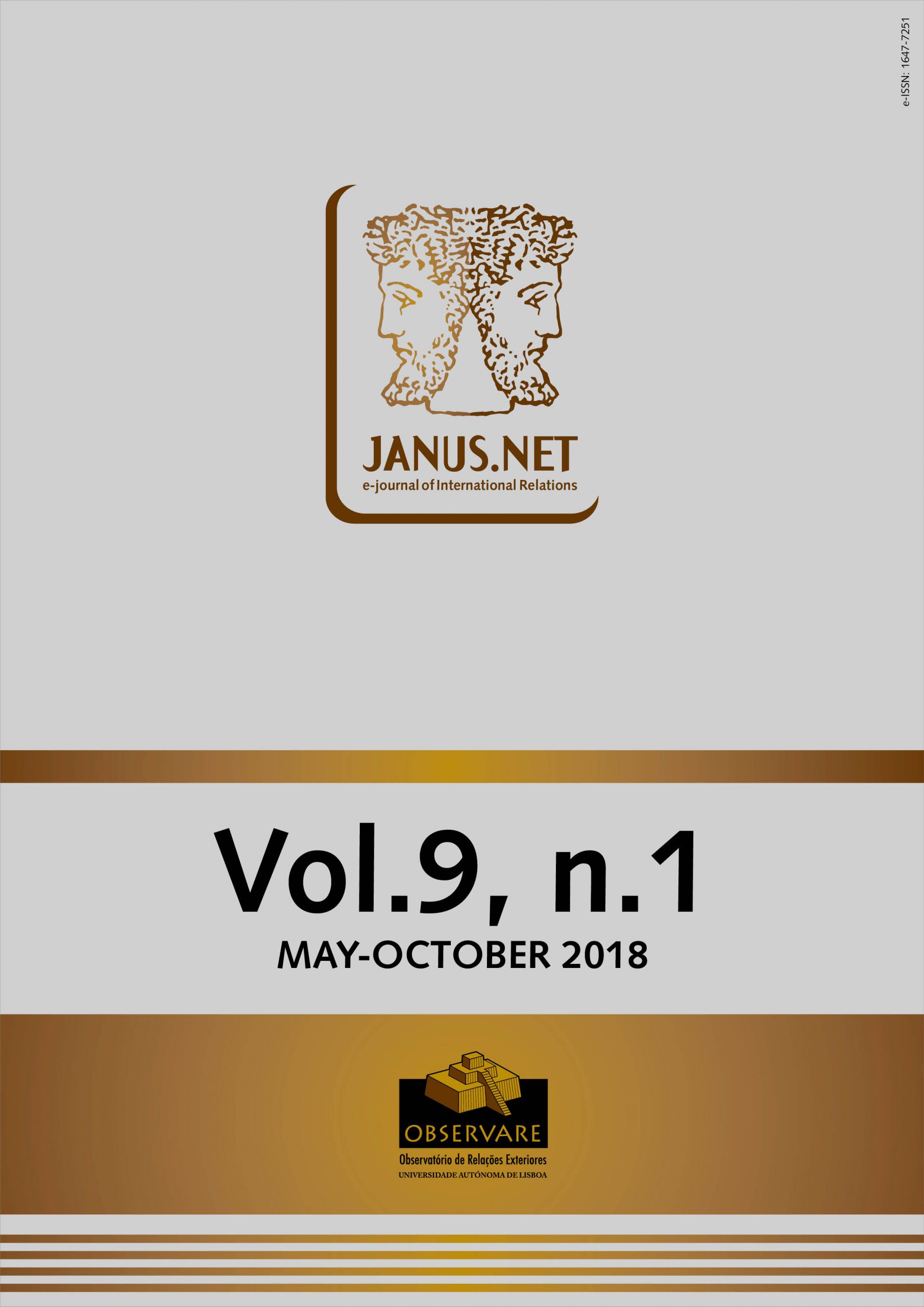In 2001, the rise of the Justice and Development Party (AKP) in Turkey led to the emergence of a moderate path between Kemalist and Islamic wings. After a first term focused on foreign diplomacy, Erdogan and the party saw their policies gaining broad social support internally, reinforcing their stance in areas of ideological and religious confrontation with secular opposition. Erdogan, although elected president in 2014, has led Turkey on an increasingly conservative route from the standpoint of social values, and less democratic regarding the political language of the state. If Erdogan reveals a conception of state that departs from the democratic values and the ideal of Ataturk’s secular Turkey, and, at the same time, focuses on an Islamic-conservative perspective of society and an authoritarian conception of political power, what explains and stimulates this strategy? This article is based on the premise that perceiving “New Turkey” implies understanding Erdogan’s leadership style, even if it does not exhaust all explanatory variables. From this premise, the goal is to identify and explain internal factors – associated first and foremost with the dualist structure between Turkey’s centre and periphery) – that, along with Erdogan’s individual variables, such as Islamic solidarity and authoritarian tendencies) – put him at the centre of decision-making in Turkey.
UNDERSTANDING ERDOGAN’S LEADERSHIP IN THE “NEW TURKEY”
Higher Teaching Technician. PhD student in Political Science and International Relations at the Universidade do Minho (Portugal), she holds a Master’s degree in Political Science from the Universidade do Minho (2016) and completed the dissertation From Kemalism to Neo-Ottomanism: political development and the “New Turkey" of Recep Tayyip Erdogan (2003-2014). Graduated in Communication Sciences with a specialisation in Journalism from the University de Trás-os-Montes e Alto Douro (2010). Certificate in Pedagogical Skills (2010), Intern Consultant in the Communications Department of Barcelos’s City Hall (2010) and student of the Erasmus program in Istanbul, Turkey, at Bahçeşehir University (2009). She studies the Turkish political system and the influence of Recep Tayyip Erdogan on the country. She participated in the III International OBSERVARE Congress with the theme “From diplomacy of modernisation to Islamic conservatism: what explains the strategy of Recep Tayyip Erdogan?”
Professor of Political Science and International Relations at the Universidade do Minho (Portugal). PhD in Sociology (University of Warwick, UK), Master's in Sociology (Universidade de Coimbra) and degree in International Relations (Universidade do Minho). Director of the PhD Program in Political Science and International Relations and the undergraduate Program in Political Science of the Universidade do Minho. Member of the Research Centre in Political Science (CICP), FCT R&D Unit. She studies the intersection of politics with sociology, particularly political inclusion, forms of participation and structures of political opportunity for immigrants and citizens with migrant origins. She has published on citizenship and political inclusion of immigrants in chapters of books, working papers, scientific reports and scientific articles. Her publications include articles in journals such as the Journal of Ethnic and Racial Studies, Brazilian Journal of International Relations, Diversities, Sociologia – Problemas e Práticas, Portuguese Journal of Social Science, and the European Journal of Social Theory.
Resumo
Palavras-chave
Como citar este artigo
Fernandes, Raquel Santos; Carvalhais, Isabel Estrada (2018). “Understanding Erdogan’s leadership in the «New Turkey»”. JANUS.NET e-journal of International Relations, Vol. 9, Nº. 1, May-October 2018. Consulted [online] on the date of last consultation, DOI: https://doi.org/10.26619/1647-7251.9.1.6
Article received on 30 October, 2017 and accepted for publication on 5 January, 2018















